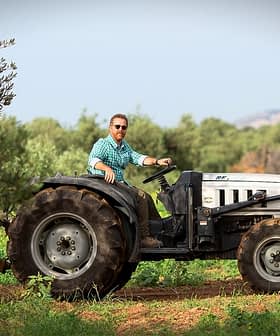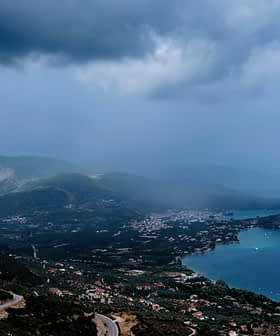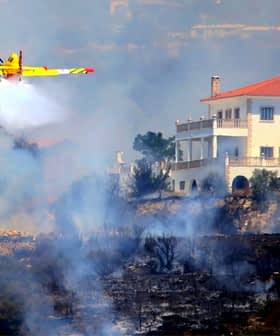2014 will go down as one of the worst years in recent history for olive oil production in Italy.
The latest data provided by ISMEA (the Italian Institute of Services for Agriculture and Food Market) show double-digit drops in production in all regions, except in Piedmont and Sardinia.
See Also:Complete Coverage of the 2014 Harvest
The reasons for the crisis are the same from North to South: the excessive summer rain favoring the spread of olive fruit fly (bacterocera oleae), and a hot, humid October that accelerated the olives’ maturation caused a strong infestation of “olive leprosy” (Gloeosporium olivarum) and “peacock spot” (Spilocaea oleaginea).
Almost everywhere in the country, producers are complaining about the harvest and demanding access to aid for their sharply lower incomes.
But some experts are blaming the producers themselves for being caught so unprepared for the emergency.
Leonardo Laureti, president of the Umbrian DOP Consortium, told Sapere Food that “many Umbrian producers underestimated the critical nature of the season, showing little professionalism.”
“This year was difficult for the whole country and also Spain and Portugal faced similar problems,” Laureti continued, “but today we must be able to foresee such risks, we can’t leave the olives up to fate. The Plant Protection Service of the Umbria Region issued a warning urging producers to implement specific treatments, but despite the first signs, many underestimated the situation.”

According to Laureti, Umbria is not aware of its potential. “Our region produces about 1.7 percent of Italian oil and represents 0.2 — 0.3 percent of the entire world production. But we are a land that is recognized overseas for its excellent quality and a great ability to export. Still a regional plan for the Umbrian oil does not exist yet.”
Laureti does not trust the usefulness of economic aid granted to victims of natural disasters: “The olive fly is not a new species, and the prevention methods are well codified both in the integrated and organic production rules. There are also multi-risk policies co-financed by the European Union, which few farmers know.”
“This season,” Laureti concluded, “must be a warning for all of us. In Umbria, the future olive cultivation must be different than the current one; we need to invest in olive groves if we really want to prevent such situations in the future.”








